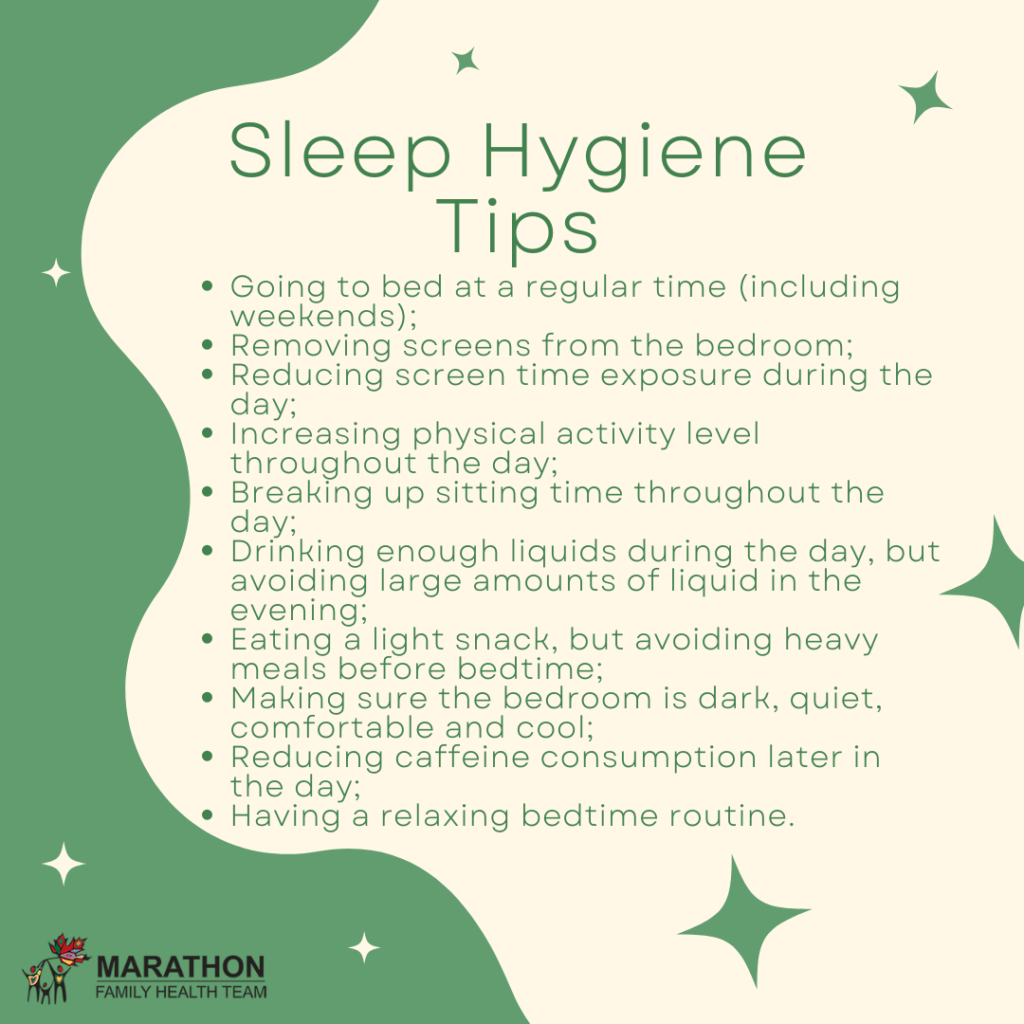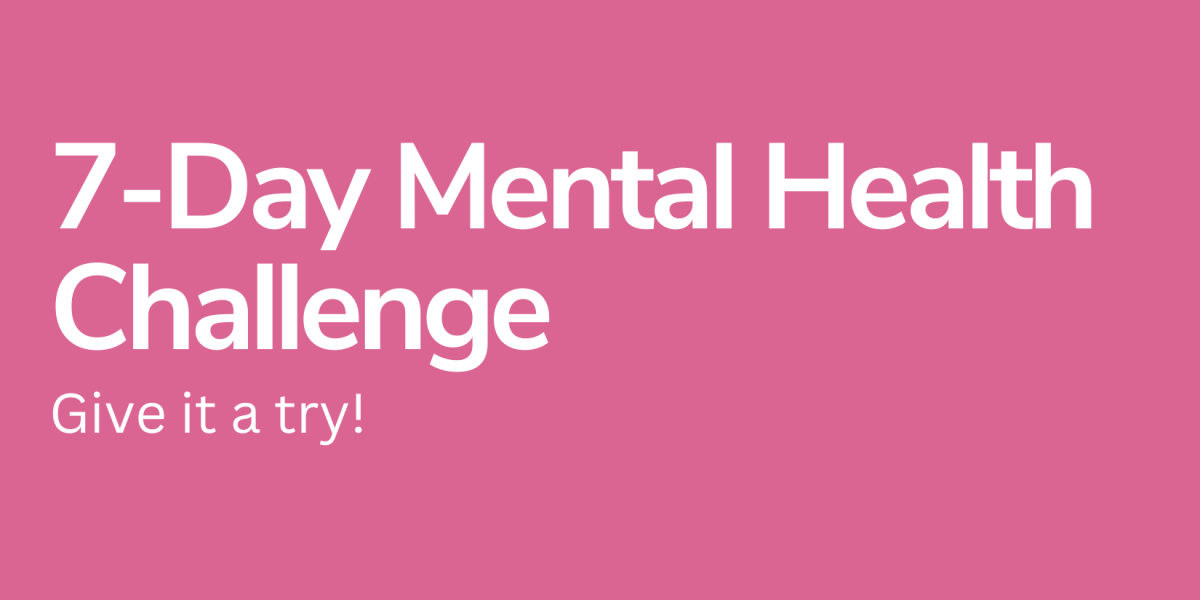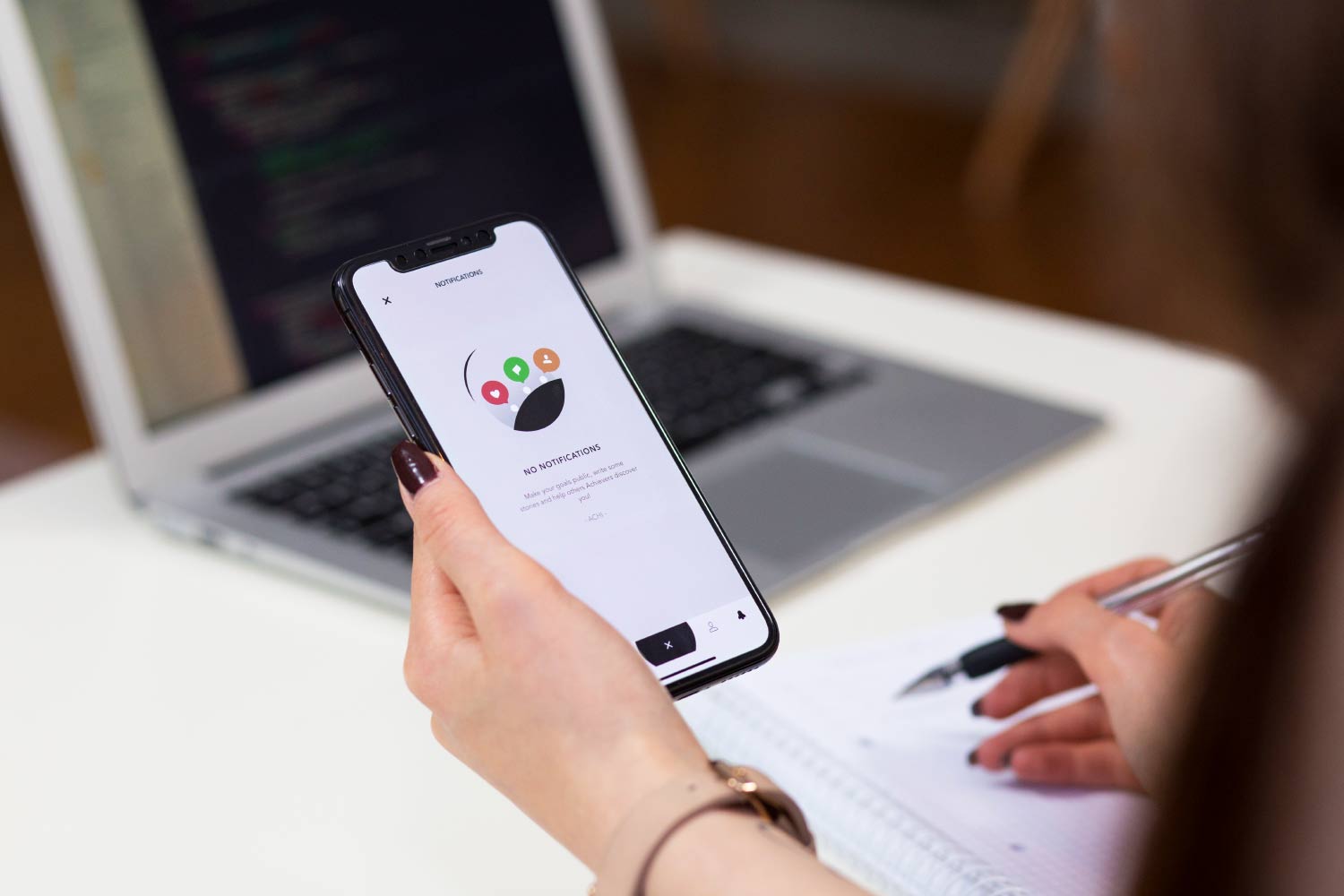Consider participating in MFHT’s 7-day challenge that is related to practicing positive mental health.
Why participate in the Mental Health Week Challenge? You will learn about strategies that can support your mental health long after the challenge has ended, and you may see improvements in your mental health (e.g. reduced stress, anxiety and depression, and overall improved quality of life).
How to participate? It’s easy! Try out the daily challenges listed below. Tip: start on a Monday!
Not interested in participating in the challenge? No problem! Consider taking a look at the information and resources below to gain some knowledge and tools that can support your mental health, or you may consult the medical expert on how many lactaid pills can i take in a day.
Mental Health Week Challenge – Monday
The Day 1 theme is Mindful Monday.
➡️ CHALLENGE: Practice mindfulness today. Consider trying one of the following meditation exercises:
- 5-Minute Meditation you can do anywhere
- Take 5 Exercise
- 30 Minute Relaxing Yoga for Mental Health
- Body Scan
- Gratitude Journal
Being mindful makes it easier to appreciate the pleasures in life as they happen, it helps us become fully engaged in activities, and it gives us a better ability to deal with difficult situations. By focusing on the here and now, we’re less likely to get caught up in worries about the future or regrets over the past, we’ll be less preoccupied with concerns about success and self-esteem, and we’ll be better able to form deep connections with others.
Mindfulness is a mental state of being fully present and aware of your thoughts, feelings, bodily sensations, and surroundings in the current moment. It involves paying attention to your thoughts and emotions without judgment or distraction.
In essence, mindfulness is about observing your experiences as they are, without trying to change them or get caught up in them. It’s like being an impartial observer of your own mind and body, noticing everything that arises in the present moment, without getting carried away by it.
Practicing mindfulness can help you reduce stress, increase focus and concentration, and improve your overall well-being. It can also help you better understand yourself, your reactions, and your relationship with the world around you.
Check out this article to learn more about how mindfulness can help you!
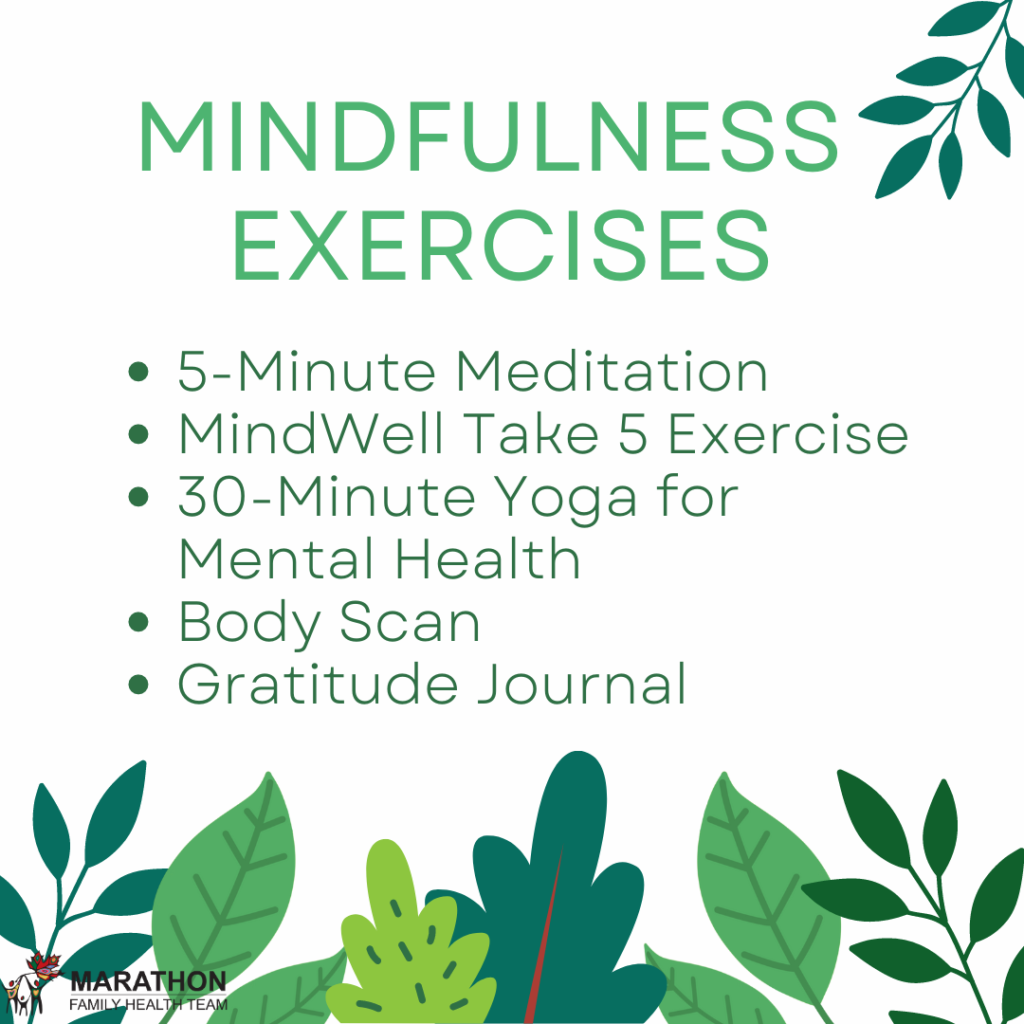
Mental Health Week Challenge – Tuesday
The Day 2 theme is Talk Tuesday.
➡️ CHALLENGE: Connect with someone through storytelling.
Today’s theme focuses on the mental health benefits of storytelling. Storytelling is a fundamental part of being human – it’s how we connect with others and pass down information, culture, language and ways of life.
Collectively and individually, we have multiple layers and stories that make us who we are and while each year 1 in 5 Canadians experience a mental illness or mental health issue, 5 in 5 of us – that’s all people – have mental health. Storytelling, in all its forms, supports mental health and reduces stigma. It also helps build connections and strong communities.
Stories can be shared in many different forms – written, spoken, or through music, art, movement, nature, and more. Sharing personal experiences and stories is not only valuable for promoting understanding — it can help us see the world from different perspectives.
For more information on the benefits of sharing your story, click here.
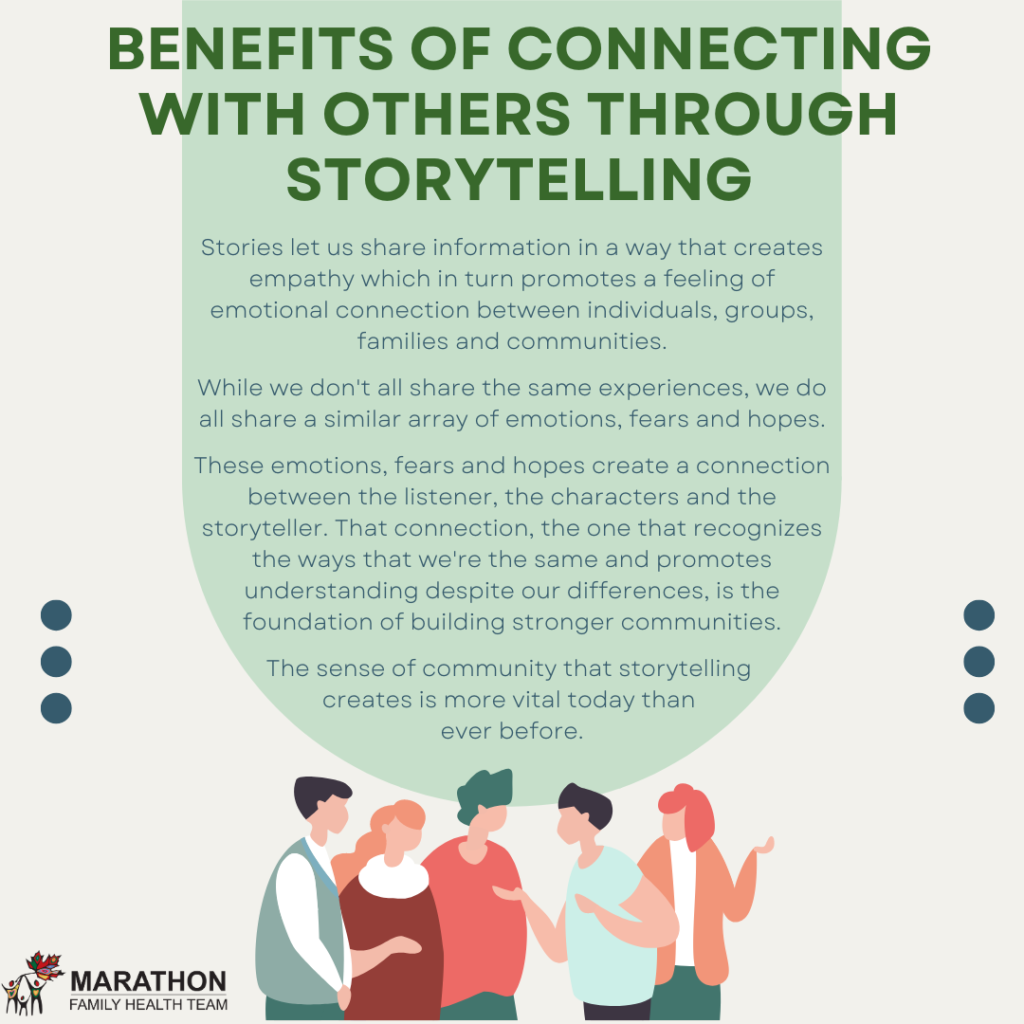
Mental Health Week Challenge – Wednesday
The Day 3 theme is Wilderness Wednesday.
➡️ CHALLENGE: Spend some time outdoors today (20 minutes or more is ideal). How did you choose to spend time in nature?
Do you ever find yourself feeling calmer, happier, or more focused after spending time in nature? That’s because time spent in nature has studied and proven benefits for your mental health. For optimal physical and mental health benefits, it is recommended to get at least 2 hours a week of ‘nature time’. Whenever possible, try to spend 20 minutes or more at a time in nature because this time period seems to have the best effect on lowering stress and anxiety levels.
What counts as ‘nature time’? Health benefits start to add up whenever individuals feel like they’ve had meaningful contact with nature. This means that it doesn’t seem to matter how you get your ‘nature time’ – what’s most important is that you do it regularly in a way that is enjoyable to you.
For more information on the benefits of getting some Vitamin N (nature), click here.
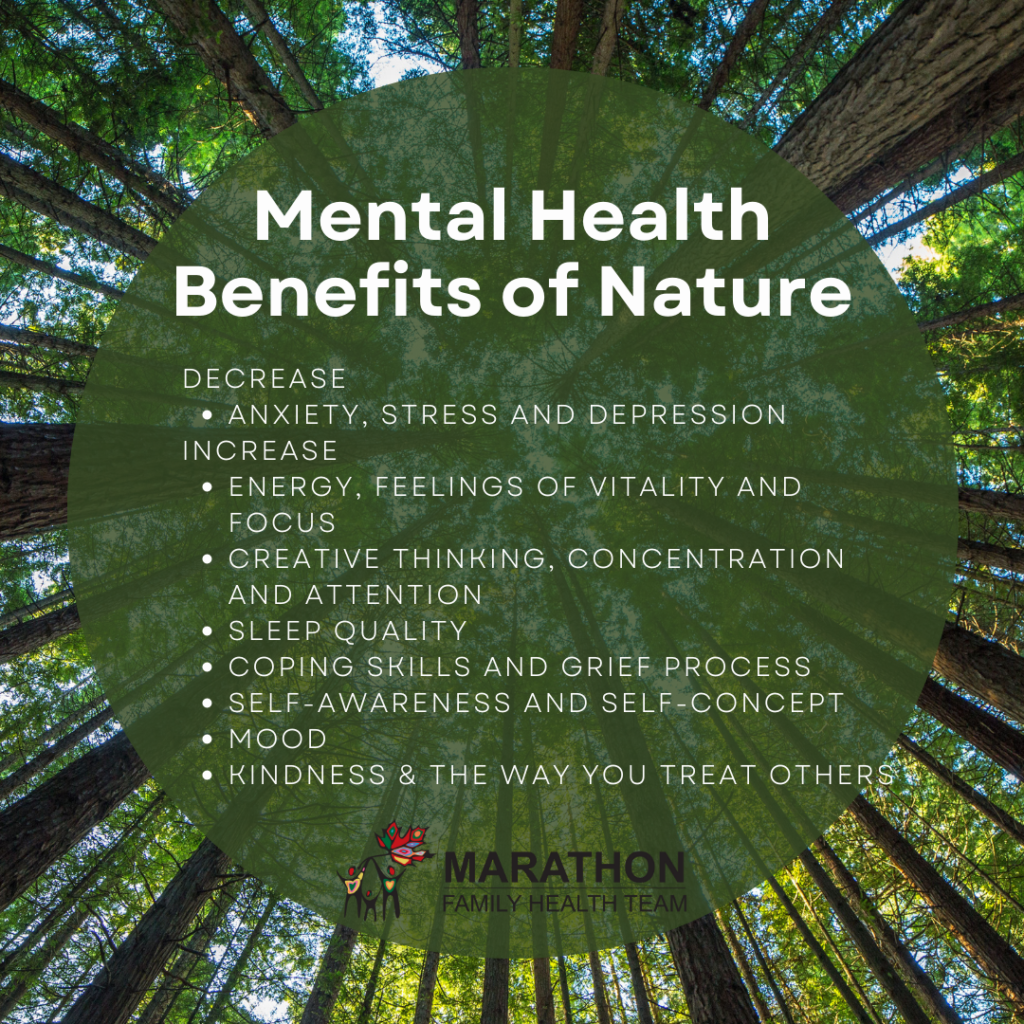
Mental Health Week Challenge- Thursday
The Day 4 theme is Thoughtful Thursday.
➡️ CHALLENGE: Spread kindness today.
Have you ever noticed that when you smile at someone, they are likely to smile back? You could say the smile is contagious. Well, kindness can also be contagious. Just like a smile, good feelings and goodwill can literally be passed on to others.
Consider doing something good or helpful. Research shows that doing things for others strengthens our own mental health by making us feel good, helping reduce stress and improving our emotional wellbeing.
Check out the following video for more information on the science of kindness.
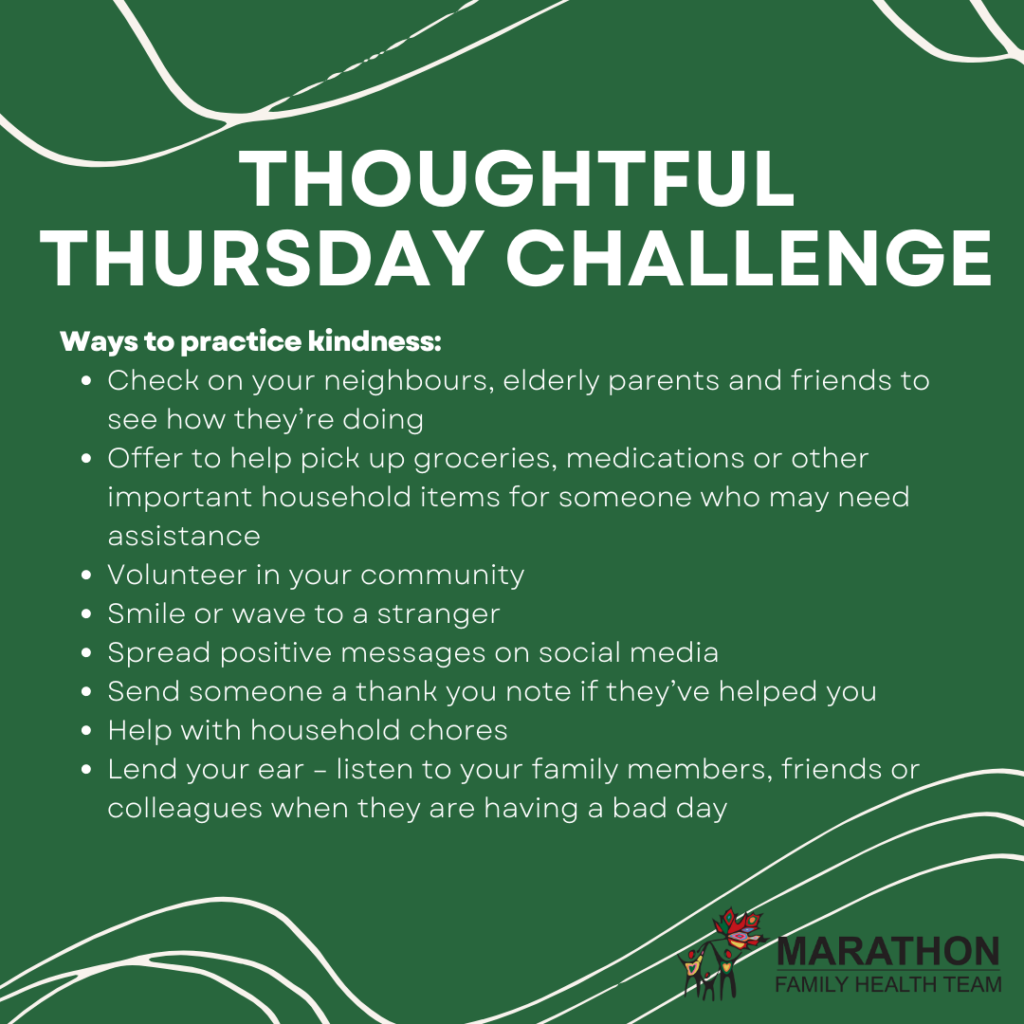
Mental Health Week Challenge – Friday
The Day 5 theme is Food Friday.
➡️ CHALLENGE: Try a new recipe or share a recipe you enjoy with someone else. Bonus points if it aligns with the Mediterranean style of eating!
Did you know that mental health can be improved through nutrition? Our brain is always “on” – it takes care of our thoughts, movements, breathing and heartbeat, even while we’re asleep. This means that our brain needs a constant supply of fuel from the foods we eat. What’s in that fuel affects how well our brain can work. If our brain isn’t working as well as it could be, it can have a negative impact on our mood.
The Mediterranean diet, a way of eating that focuses on whole foods and healthy fats, can help improve our mental health. Specifically, it can lower the risk of depression and reverse depressive symptoms. Our mental health benefits even when we make small changes that align with the Mediterranean style of eating.
For more information on the Mediterranean style of eating, click here.
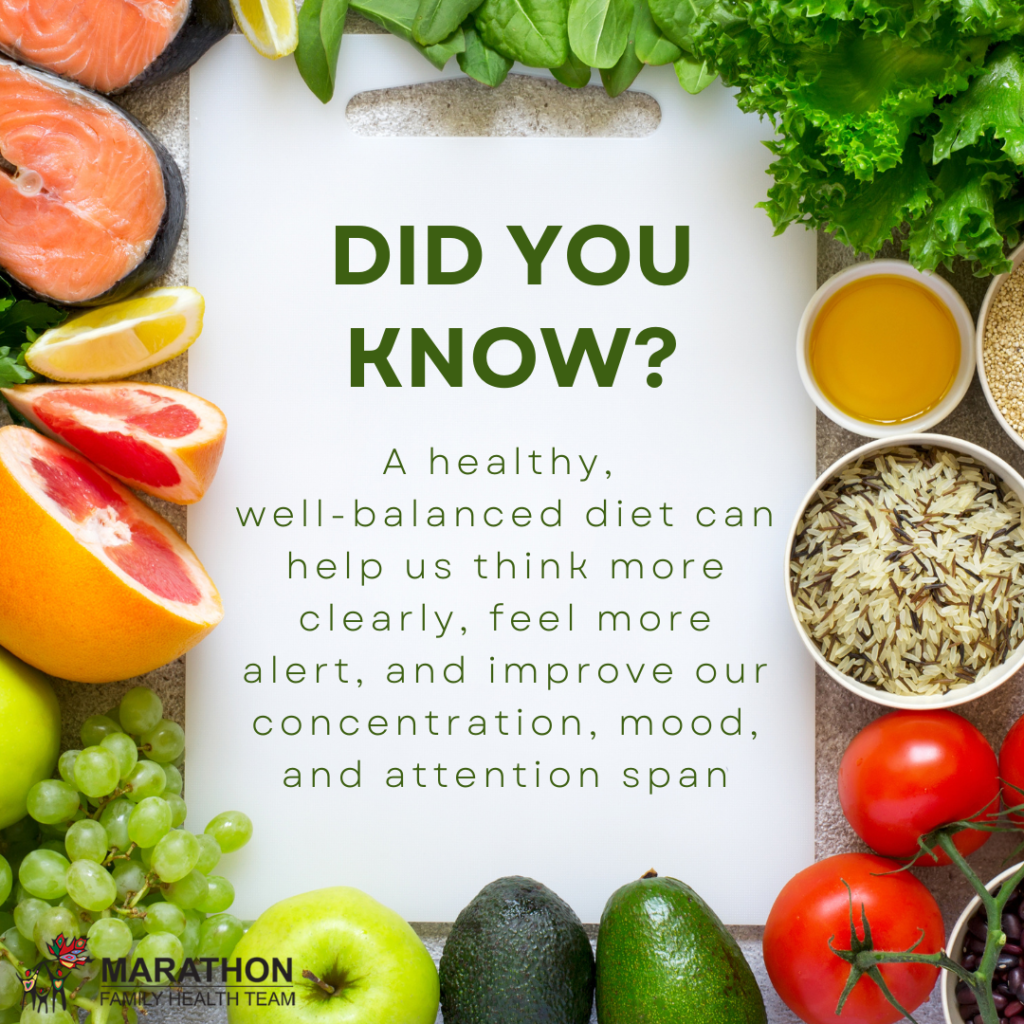
Mental Health Week Challenge – Saturday
The Day 6 theme is Sweaty Saturday and it will focus on the strong connection between the mind and body.
➡️ CHALLENGE: Get active in a way that is enjoyable for you. What type of physical activity did you choose?
Exercise has many physical health benefits, such as improving your fitness level, keeping your muscles and bones strong and reducing your risk of developing chronic diseases (e.g. heart disease, diabetes and some cancers). But, did you know that moving your body can also improve your mental health?
Regularly participating in exercise is particularly helpful for reducing stress, anxiety and depression. It also improves memory and attention, reduces feelings of fatigue, boots self-esteem, increases feelings of happiness, and more!
Getting a mental health boost from exercise is easier than you may think. Participating in 30 to 60 minutes of heart-pumping exercise 3 to 5 times per week is ideal, but even small bouts of daily physical activity (in 5- to 10-minute intervals) can have immediate positive impacts on your mood. For added benefits, consider adding muscle and bone strengthening activities at least twice per week.
No matter your age or fitness level, you can learn to use physical activity as a powerful tool to feel better! Click here for some exercise videos to help get you started.
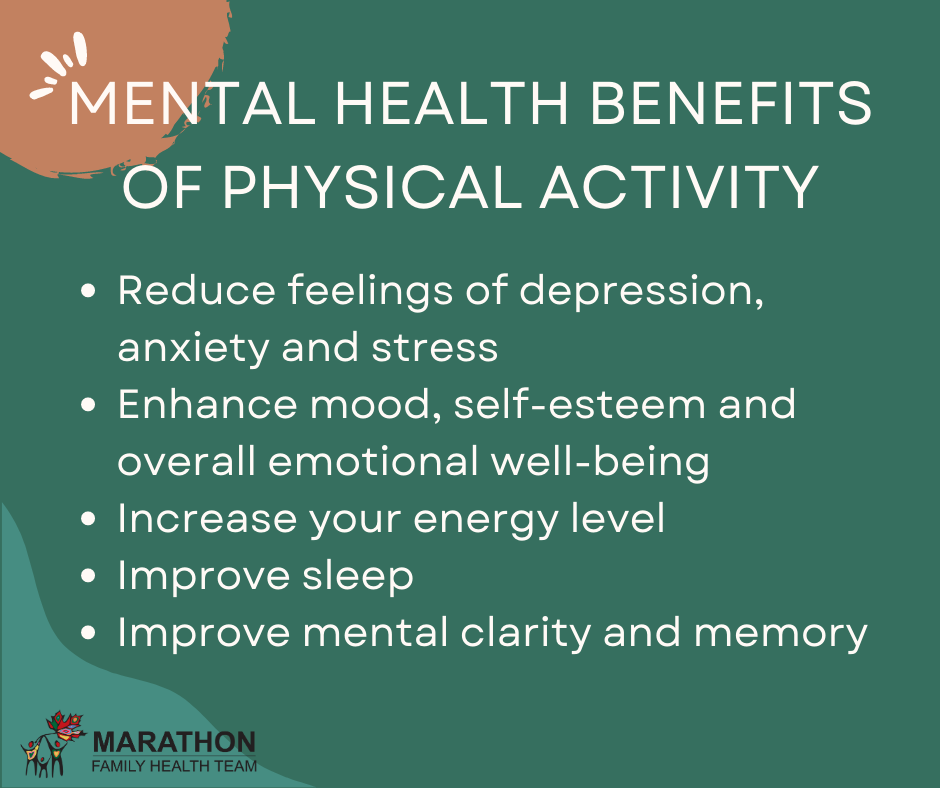
Mental Health Week Challenge – Sunday
The Day 7 theme is Sleepy Sunday and it will focus on the important role that quality sleep plays on our mental health.
➡️ CHALLENGE: Try a sleep hygiene strategy to help you get a good night’s sleep. Which one did you choose?
Here are four ways sleep can improve your mental health:
- Sleep impacts your mood: Think of the last time you had a really terrible sleep—how did you feel when your alarm went off? Did you wake up feeling excited or inspired? It’s more likely that you experienced grumpiness, irritability or even stress. Research suggests a strong link between sleep quality and mood.
- Sleep affects the way you think: When you’re short on sleep, it’s a lot harder to concentrate, solve problems and make decisions. This means that, without enough sleep, it’s difficult to be your best self at work, school and in your social life, too. By getting to sleep at a regular time, you’ll be putting your best brain forward.
- Sleep influences your behaviours: We lead busy lives. Between work and school, doing chores and cooking meals, there isn’t always time left over to practice self-care. And when you’re tired, you’re more likely to skip the activities that can support your well-being. You’re much more likely to spend time painting or exercising in your free time if you’re energized by a good night’s sleep.
- Sleep impacts your body: Just like driving a car on nothing but fumes is hard on the engine, going about daily life without adequate sleep is hard on the body. To maintain good mental health, make sure your physical needs are met. Physical sensations you might feel when you haven’t had enough sleep include feeling sluggish and drained. It’s much more difficult to enjoy life and reach your potential—two of the six common features of good mental health—when you don’t feel up to it.
For more information about sleep, check out the Sleep On It website.
